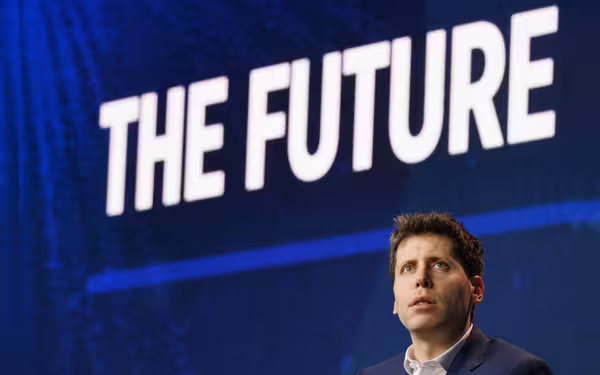Saturday, November 16, 2024 09:46 PM
Sam Altman Resigns from OpenAI Safety Group Leadership
- Sam Altman steps down as OpenAI safety head.
- New independent oversight body established for AI safety.
- OpenAI shifts towards a for-profit corporate structure.
 Image Credits: mashable_me
Image Credits: mashable_meSam Altman resigns as head of OpenAI's safety group amid restructuring towards independent oversight and a for-profit model.
In a significant shift within the artificial intelligence landscape, Sam Altman has stepped down from his position as the head of OpenAI's safety group. This change comes as OpenAI's internal safety committee transitions into an independent oversight body. The decision follows a comprehensive 90-day evaluation led by the Safety and Security Committee, which Altman chaired, focusing on the company's AI safeguards and governance.
The newly formed leadership of the committee includes notable figures such as Zico Kolter from Carnegie Mellon University, alongside existing members Adam D’Angelo from Quora and Nicole Seligman, who previously worked at Sony. According to the announcement, "The Safety and Security Committee will be briefed by company leadership on safety evaluations for major model releases, and will, along with the full board, exercise oversight over model launches, including having the authority to delay a release until safety concerns are addressed." This statement underscores the committee's enhanced role in ensuring the safety of AI technologies before they are made available to the public.
Earlier this year, OpenAI had revamped its safety and security team, with Altman at the helm, following the disbandment of its previous security body and the departure of over half of its relevant employees. This restructuring was aimed at strengthening the company's commitment to safety protocols. However, multiple former employees have voiced concerns regarding Altman's leadership and the effectiveness of OpenAI's safety measures.
In a recent communication to OpenAI employees, Altman revealed plans to overhaul the company's non-profit corporate structure, shifting towards a for-profit model. He stated that the company had "outgrown" its status as a capped for-profit LLC overseen by a non-profit board. This transition is seen as a crucial step towards achieving the anticipated $150 billion valuation for the AI startup.
The changes at OpenAI reflect a broader trend in the tech industry, where the balance between innovation and safety is increasingly under scrutiny. As AI technologies continue to evolve and integrate into various aspects of daily life, the importance of robust safety measures cannot be overstated. The establishment of an independent oversight body may serve as a vital step in addressing these concerns, ensuring that advancements in AI are accompanied by responsible governance and ethical considerations.













